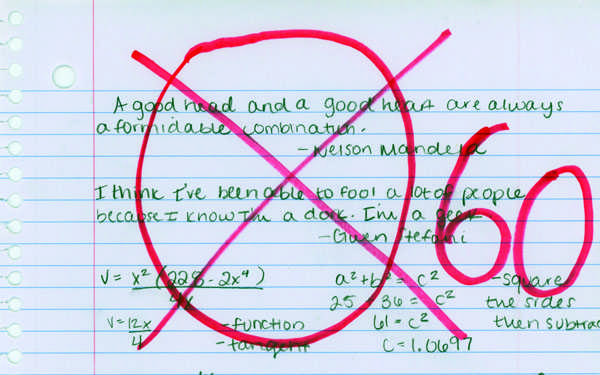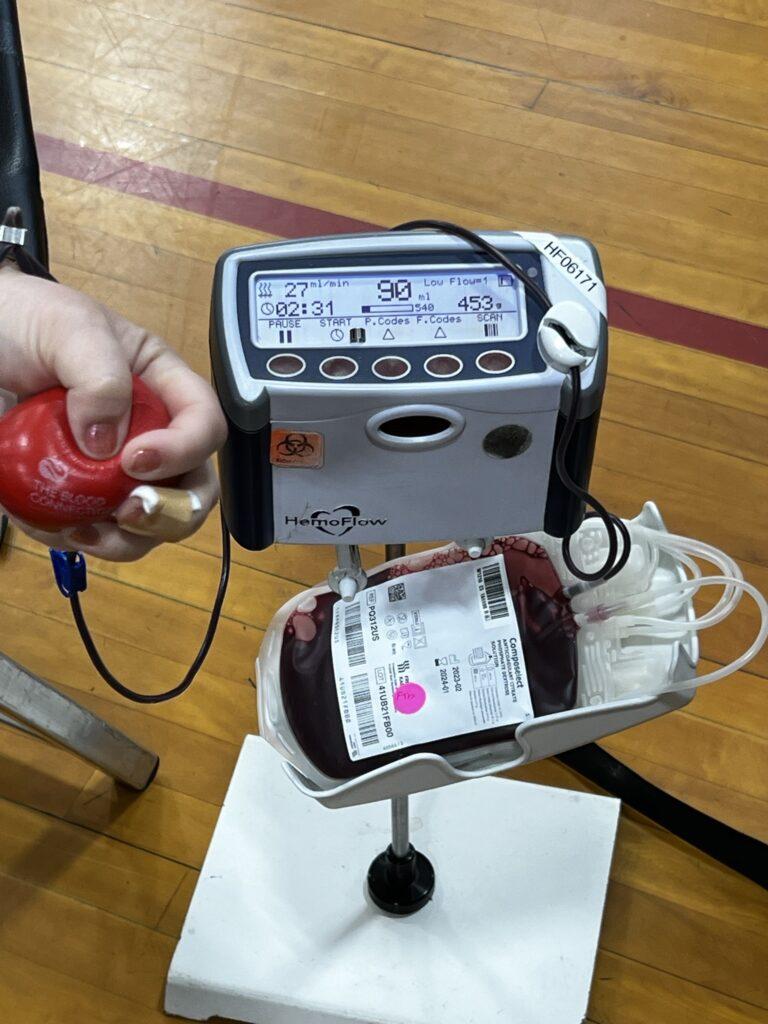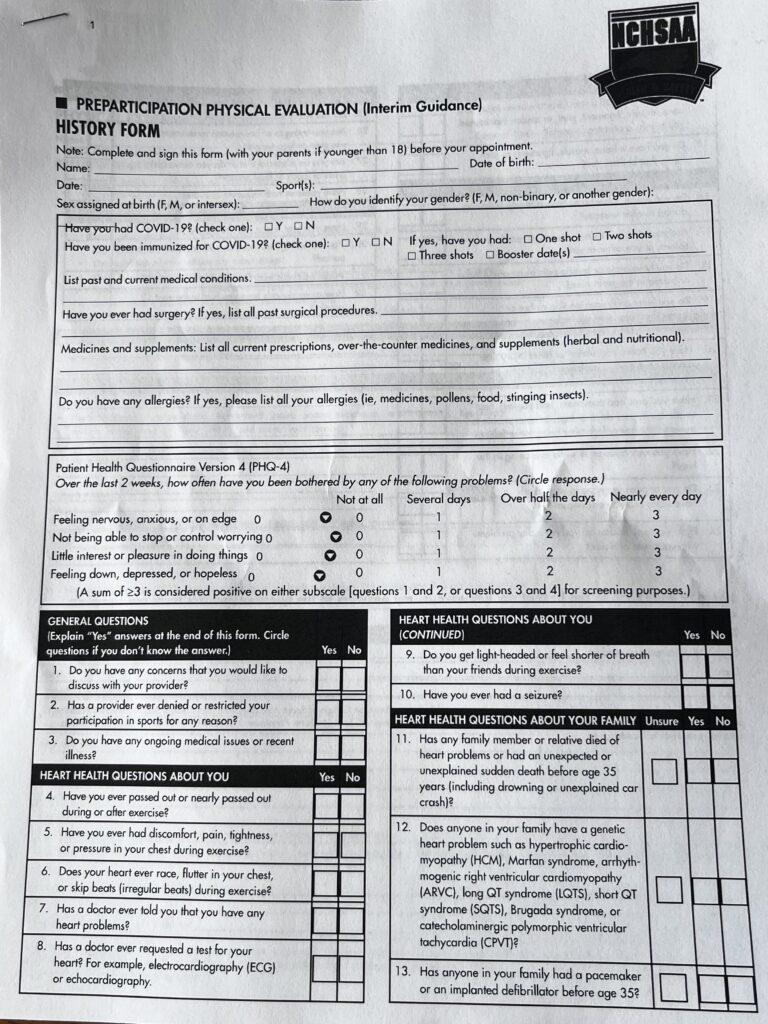 “I’m a failure,” these words haunted her as the red pen marks and dozens of corrections on her paper stared back at her. The math concept that the student didn’t understand was going to ruin her grade. A zero on an algebra test would be difficult to explain or overcome.
“I’m a failure,” these words haunted her as the red pen marks and dozens of corrections on her paper stared back at her. The math concept that the student didn’t understand was going to ruin her grade. A zero on an algebra test would be difficult to explain or overcome.
Though this situation is hypothetical, a “no zero” policy, a national trend in education, was recently debated by the Wake County Board of Education. After much debate, the board failed to pass the policy.
“I think zeros carry too much weight,” Rugby Middle School’s principal Bill Reedy recently told the Wingspan staff. “It’s too hard for students to climb out of a hole like that.”
Zero grades have always been a threat teachers used to encourage students to complete work or study harder, but what if zero grades were banned? Wake County teachers, principals and school board members debated that question.
“The zero knocks kids out of the box,” Wake County’s Superintendent Jim Merrill told the Raleigh News & Observer. “That is the dropout path.”
The proposed policy would have allowed students to turn in late work for full credit and retake exams regardless of the original grade.
“Because zeros carry so much weight, there needs to be an alternative way of doing some kind of assignment that forces the students to do something,” Reedy said. “You don’t just give them a zero instead of a 40 or a 50.”
A zero can significantly influence a student’s overall grade, sometimes even preventing him or her from passing a course.
Without zeros in the gradebook, students could feel more confident about their academic accomplishments, Reedy said.
“It’s an old saying that ‘Success breeds success,’” Reedy said. “If you’re successful with what you’re doing you’ll feel better about it, and at the end of the day you’ll be better at it.”
The threat of a zero has proved to discourage rather than encourage students to work harder, some educators said. They argue that assigning a zero is like giving up on a student and that the goal of school has always been to learn, not to earn a grade.
“To me, banning zeros is not the right question,” Reedy said. “I think the question is how do we make kids do their work because taking a zero is the easy way out.”
The proposed Wake County policy would have allowed students to turn in their schoolwork late for full credit. Some school board members were worried that students would adopt a more relaxed attitude to their assignments.
“You shouldn’t be able to turn in work late for full credit,” a freshman who asked to remain anonymous said. “If students can get full credit, then they are just going to keep turning things in late, so then that’s a terrible habit they get into.”
The proposed Wake County policy set 50 as the minimum grade, and some teachers worried that their students would use that fact to avoid doing work.
“I think if you have a net, so to speak, a safety net for low grades, then you can give students a second chance to learn something.” Reedy said. “However, I don’t think we should say that if you don’t do the work you don’t get a zero.”
By Sofia Molina













